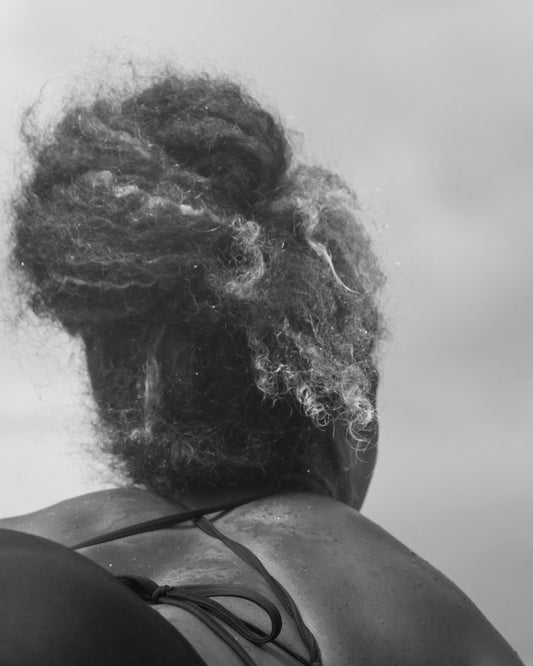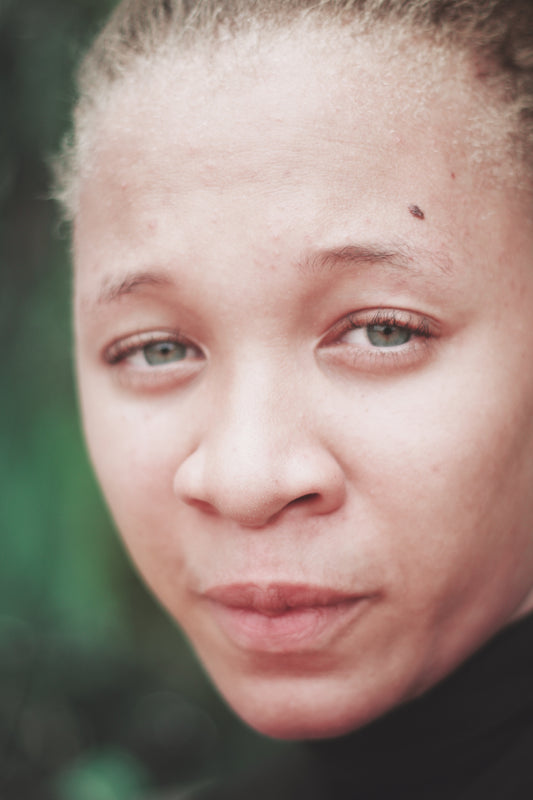Deficiencies in biotin, vitamin D, vitamin A and vitamin C have been associated with hair loss. We discuss more about the connection of these vitamins to hair loss.
BIOTIN
Hair loss patients can be tested for biotin deficiency if suspected, Leslie Castelo-Socchio says, but he admits he rarely recommends biotin supplements, recommending biotin-rich foods like nuts, legumes, whole grains, brown rice, and egg yolk.
An article published in the Journal of the American Academy of Dermatology reviewing all the research on biotin since the 1980s found a number of cases where hair loss stabilized or stopped after taking biotin, although other scientists say more research is needed before it will become possible. recommended for hair loss or hair growth. For years, dermatologists have been quietly prescribing a B vitamin called biotin for hair loss.
VITAMIN D
Research also shows that vitamin D may help create new follicles—tiny pores on the scalp where new hair can grow (8). According to a study published in the International Journal of Molecular Sciences, vitamin D receptors help in the formation of new hair follicles, which results in the growth of new strands of hair. Vitamin D is thought to play a role in hair growth, but most research has focused on vitamin D receptors.
A 2019 review found evidence of a link between vitamin D deficiency and alopecia areata, which can lead to severe hair loss. According to a 2019 review, some studies also suggest that people with low vitamin D levels may experience more severe alopecia areata.
VITAMIN A
Vitamin A is known to produce sebum on the scalp, which locks in moisture and nourishes the hair, promoting hair growth. Vitamin A also supports the production of sebum, a natural oil that keeps skin and hair hydrated.
VITAMIN C
Vitamin C also helps your body absorb iron, a mineral needed for hair growth. Not only does vitamin C boost your overall immune system, it also controls free radicals that hinder hair growth. Well, it's an important part of your hair's structure, but if you don't get enough vitamin C, it can't be produced by your body. So you need to make sure you're getting enough vitamin C.
Vitamin C helps fight oxidative stress responsible for hair aging. Vitamins A and C help reduce breakage, while vitamin C improves iron absorption and collagen production, which promotes strong hair. Premature Graying of Hair Deficiencies in certain micronutrients, including deficiencies in ferritin, vitamin D, folic acid, vitamin B12, and selenium, have been linked to loss of hair pigment.





